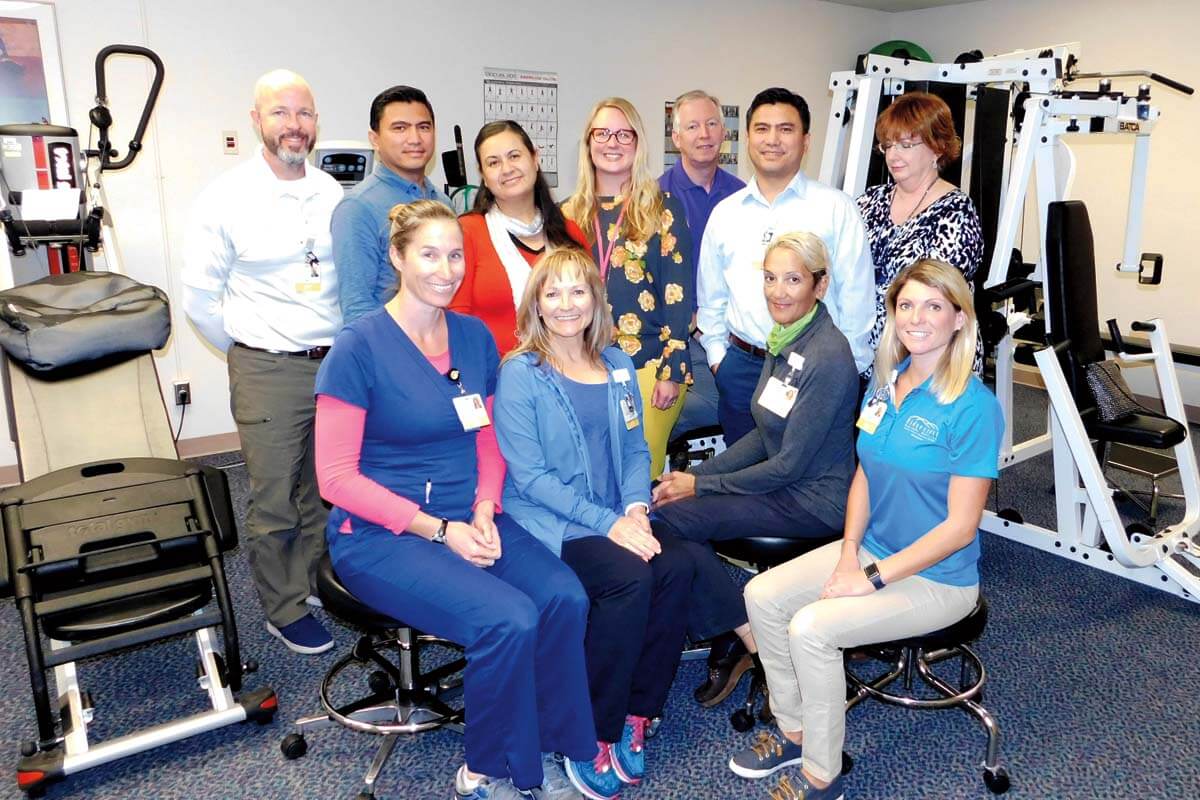Studying the Groundbreaking Benefits in Physiological Intervention to Increased Movement along with Discomfort Management
Wiki Article
Physiological rehabilitation is a medical profession that concentrates on helping people enhance their mobility and control discomfort. It involves a range of techniques and exercises created to reestablish movement and capability in the physical form. Many individuals pursue physical therapy after an accident, surgery, or due to long-term issues that affect their capability to move freely. The life-changing advantages of physical therapy can lead to substantial gains in a person's quality of living, rendering it an essential part of recovery and restoration.

One of the main advantages of physical therapy is enhanced mobility. Physical therapists assess each patient's unique circumstance and develop customized treatment programs that address specific needs. These plans often consist of exercises that strengthen muscles, boost limberness, and enhance range of motion. By engaging in these focused tasks, clients can regain their ability to perform daily activities, including walking, climbing stairs, or even taking part in athletics. Enhanced mobility not only helps individuals feel more independent but also enhances their self-esteem and overall well-being.
Pain relief is another major benefit of physical therapy. Many people suffer from chronic discomfort issues, such as arthritis or back pain, that can restrict their activities and affect their mental health. Physical therapists use various techniques, such as hands-on therapy, modalities like heat and ice, and rehabilitative workouts, to help alleviate pain. By addressing the root origins of pain, physical therapy can provide long-lasting relief minus the necessity for medication. This approach is especially advantageous for those who wish to steer clear of the side effects linked with discomfort medications.
In addition to physical advantages, physical therapy also physical therapy for pain relief promotes mental and psychological health. Engaging in regular physical exercise can trigger endorphins, which are innate emotional lifters. Patients often indicate feeling more optimistic and driven as they progress through their therapy sessions. Additionally, the encouraging environment created by physical therapists cultivates a feeling of community and support. This psychological support can be crucial for individuals who may feel alone due to their physical limitations.
Ultimately, physical therapy plays a critical role in averting future injuries. By teaching patients about proper body movements and safe movement techniques, physical therapists assist individuals comprehend how to protect themselves during everyday tasks. This knowledge is especially important for sportspeople and those who engage in physically challenging jobs. By incorporating injury avoidance strategies into their treatment plans, physical therapists empower clients to maintain their wellness and mobility for years to follow. In summary, the transformative benefits of physical therapy extend beyond short-term recovery, offering sustained benefits for movement, pain relief, and general health.